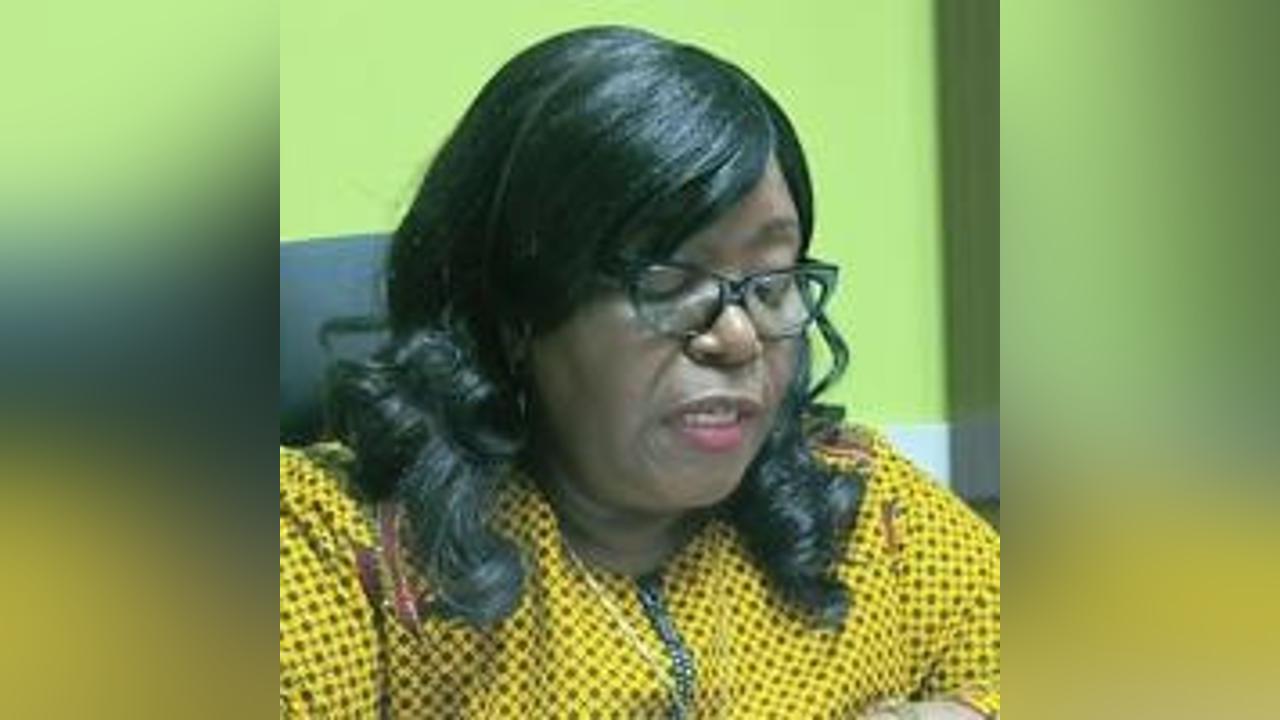Africa-Press – Liberia. Deputy Finance Minister for Budget and Development Planning, Tanneh G. Brunson, has issued a clarion call for increased domestic financing of national development programs, with a particular emphasis on the underfunded Water, Sanitation, and Hygiene (WASH) sector.
Speaking virtually on Monday during a high-level side event at the Fourth International Conference on Financing for Development (FfD4), Minister Brunson described Domestic Resource Mobilization (DRM) as “imperative, deeply practical, immediate, and vital,” especially as countries like Liberia face dwindling levels of Official Development Assistance (ODA) from major international partners such as USAID.
“This is no longer a matter of convenience; it is a necessity,” Minister Brunson declared. “We must take ownership of our development priorities and commit to raising the resources needed to fund them—especially in sectors like WASH, where our people’s dignity and survival are at stake.”
The side event, themed “Accelerating Domestic Resource Mobilization through Transparency and Budget Tracking: Insights from the Water, Sanitation and Hygiene Sector”, attracted hundreds of participants from across the globe and underscored the increasing urgency to unlock domestic capital for sustainable development, in line with the UN Sustainable Development Goals (SDGs).
Liberia’s WASH sector remains heavily donor-dependent, with government contributions accounting for less than 5 percent of sector financing. According to the 2023 WHO/UNICEF Joint Monitoring Programme (JMP) report, the consequences have been dire: in 2022, one in four Liberians lacked access to clean water near their homes, eight in ten were without access to improved sanitation facilities, and nine in ten had no soap or water available for hand washing at home.
“While our country has historically relied on aid—whether during the civil war, the Ebola crisis, or the COVID-19 pandemic—this is not a sustainable path forward,” Brunson noted.
Minister Brunson highlighted Liberia’s adoption of a Medium-Term Revenue Strategy (MTRS) developed in collaboration with the International Monetary Fund (IMF). The strategy focuses on broadening the tax base by digitizing revenue systems, formalizing the informal sector, and implementing legal and institutional reforms.
“These efforts have already begun to pay off,” she said. “We are seeing measurable improvements in tax yield, compliance rates, and the overall credibility of our revenue system. In fact, domestic funds have been instrumental in restoring rural water points and improving school sanitation, particularly during periods when external funds were delayed.”
Brunson also announced the development of a WASH Account Tool, an initiative spearheaded by the National WASH Commission with support from WaterAid and the World Health Organization (WHO). The tool is designed to track the flow of funds in the WASH sector—monitoring their sources, allocation, and utilization.
“This tool will help us track where our WASH funding comes from, where it goes, and whether it is used as intended,” she explained. “Such transparency will enable smarter policymaking, strengthen civil society oversight, and most importantly, help us deliver better services to the communities who need them most.”
Despite the progress, the Deputy Minister acknowledged enduring challenges, including inconsistent domestic financing, overlapping institutional mandates, and widespread public mistrust of how resources are managed.
“We must continue to build public confidence by showing results and improving coordination across government and development partners,” she urged.
Also speaking to this paper, WaterAid Liberia Country Director Chuchu Selma echoed Brunson’s sentiments, emphasizing the urgent need for Liberia to diversify its WASH financing sources through domestic resource mobilization.
“The government must reduce wasteful spending and redirect those savings to the WASH sector,” Selma said. “We also need to ensure that the right professionals are in the right places to increase sector productivity.”
Selma advocated for expanded interventions through innovative financing mechanisms and called for the creation of a conducive environment for private sector investment.
“This would help close the financial gap and significantly increase the annual national contribution to the WASH sector,” he concluded.
The ongoing Fourth International Conference on Financing for Development (FfD4), held from June 30 to July 3, 2025, in Sevilla, Spain, has brought together heads of state, ministers, development experts, and civil society actors from across the world to confront urgent financing gaps threatening the achievement of the SDGs.
The high-level side event was co-organized by WaterAid, Sanitation and Water for All (SWA), Agenda for Change, and the United Nations, as part of a growing global push to ensure that domestic financing mechanisms become central to development efforts.
As Liberia signals its commitment to lead on this front, Brunson’s message was clear: “Domestic resource mobilization is not just about money—it’s about sovereignty, dignity, and delivering a better future for our people.”
For More News And Analysis About Liberia Follow Africa-Press






